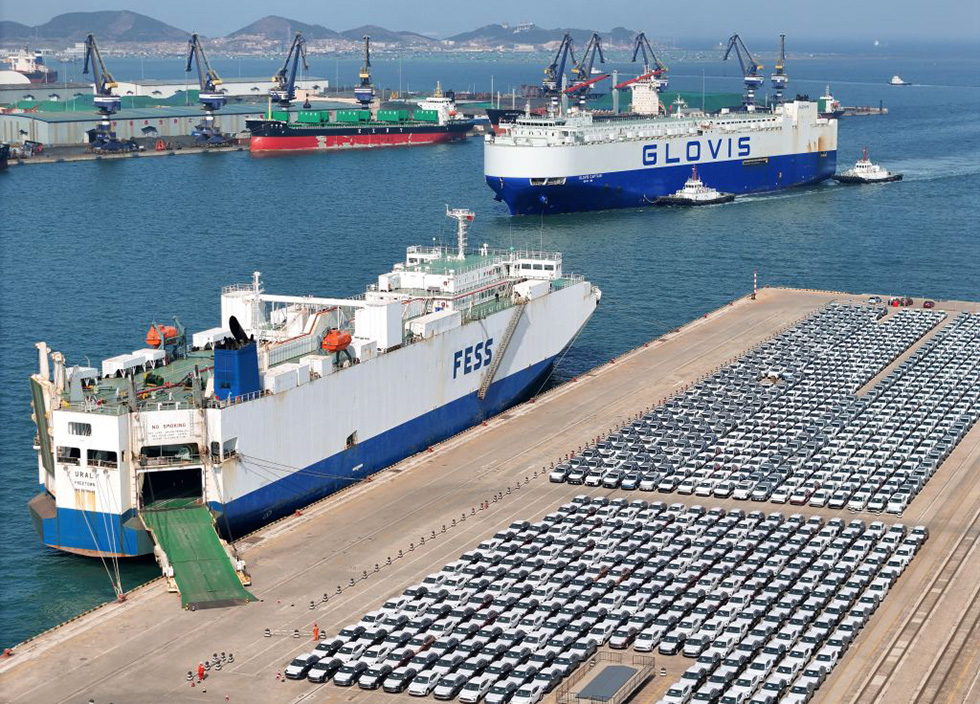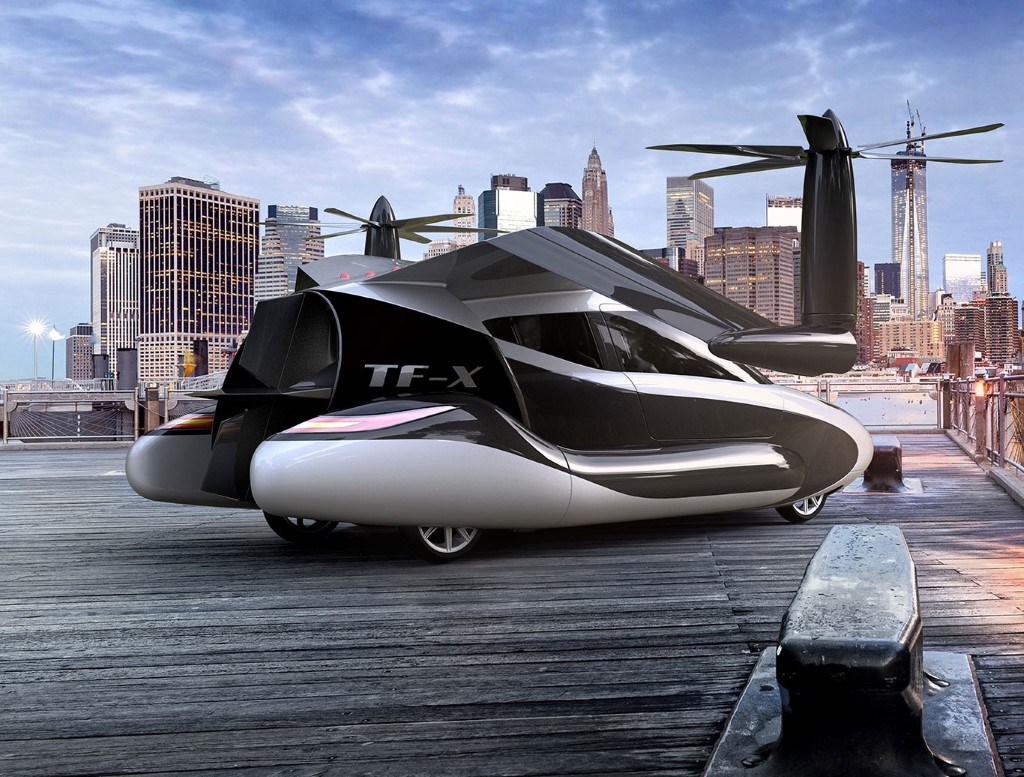The EU is preparing tough tariffs on Chinese electric vehicles (EVs), although this may pose problems for European manufacturers themselves. But behind the scenes – colossal subsidies from the Chinese government to its own automakers. And this is seen in Europe as a sign of unfair play.
Every fourth electric car sold in the European Union in 2024 will be of Chinese origin. At the same time, the share of electric cars originating directly from China will reach 11% of the European market. These are the figures released by the European Federation for Transport and Environment (T&E).
In 2023, the number of registrations of new electric vehicles in EU countries reached 2.4 million. Of these, about 20% or nearly half a million cars came to Europe from China.
The EU authorities are alarmed and intend to impose additional tariffs on Chinese automobile imports, citing the desire to protect the market from aggressive exports from China. But European automakers believe that such protectionism will do more harm than good. Moreover, these restrictions could jeopardize the implementation of the Green Deal, which envisages a ban on the sale of new ICE cars from 2035 and the complete electrification of the automotive industry.
Has the New Trade War Already Begun?
“It is important for Europe not to allow China to flood our market with heavily subsidized electric vehicles,” said Ursula von der Leyen, President of the European Commission, on May 8, speaking at the 36th congress of the Christian Democratic Union (CDU) party in Berlin.
According to her, the European Union has nothing against fair competition. But Europe does not want to accept that car imports from China receive huge unjustified subsidies.
“And we must fight this, we must protect our industry,” von der Leyen urged.
A few days before this statement, Ursula von der Leyen and French President Emmanuel Macron held a joint meeting with Chinese President Xi Jinping, during which the parties discussed economic and trade issues, among others.
Interestingly, the rhetoric of European politicians at this meeting was not as confrontational.
Von der Leyen stated that the discussion with her Chinese colleague was “open and honest”, that the European Union is ready to use trade defense instruments, but agreed that access to each other’s markets “must be reciprocal.” Macron said that the future of the EU depends in any case on the “ability to continue to develop balanced relations with China.” And Xi Jinping called on European colleagues to “remain partners.”
Special Tariffs – Already This Summer
The European Union is meanwhile on the verge of introducing additional duties on the import of Chinese cars. Already in October 2023, the European Commission launched an investigation into combating the subsidization of Chinese electric vehicles, the result of which may be the introduction of special duties.
The investigation may last up to 13 months. But the EU reserves the right to start applying temporary duties after 9 months, i.e., from July.
Currently, the EU levies an import duty of 10% on each car imported from China. Following the investigation, tariffs could increase to 25%.
But European tariffs look incredibly lenient compared to those in the US, where there is talk of a 100% duty on imported cars from China against the current 25%.
But why do European car manufacturers call the European Commission’s desire to fence off from China a shot in the foot? The point is that EU automakers have their own factories in China and produce their models there, which are then imported into Europe. And they have quite ambitious plans for the Chinese market as well. But in the event of powerful tariffs, corresponding retaliatory actions from Beijing should be expected.
In particular, BMW intends to invest an additional $2.8 billion in expanding its electric vehicle production in Shenyang by the end of 2026. And Volkswagen plans to invest $2.68 billion in a production and innovation center in Hefei.
Chinese Won’t Back Down Easily
Even localizing electric car production in Europe won’t be a complete solution for European companies. They still can’t do without Chinese components. Especially rare metals and elements used in electric car batteries. Moreover, power elements from China are at least 20% cheaper than those from European factories. And Chinese manufacturers have insane state support, allowing them to compete both in terms of technology and prices.
“In the EU, there will be no car without components from China, just as there will be no ‘Green Deal’ in Europe without resources from China,” believes BMW CEO Oliver Zipse.
Chinese manufacturers won’t sit idly either. They are opening their production facilities in Europe. BYD, a company aiming to capture 5% of the electric car market in the EU by 2025, has announced the construction of a factory in Hungary. And French Finance Minister Bruno Le Maire stated that the government will support any BYD projects if the company decides to open a factory in France.
So, even among EU member states, there is no unity. While the European Commission dreams of how to protect itself from Chinese EV exports, the authorities of individual countries are counting on money from the Chinese government, which supports, among other things, the creation of jobs in those EU countries.
Source: The Gaze







